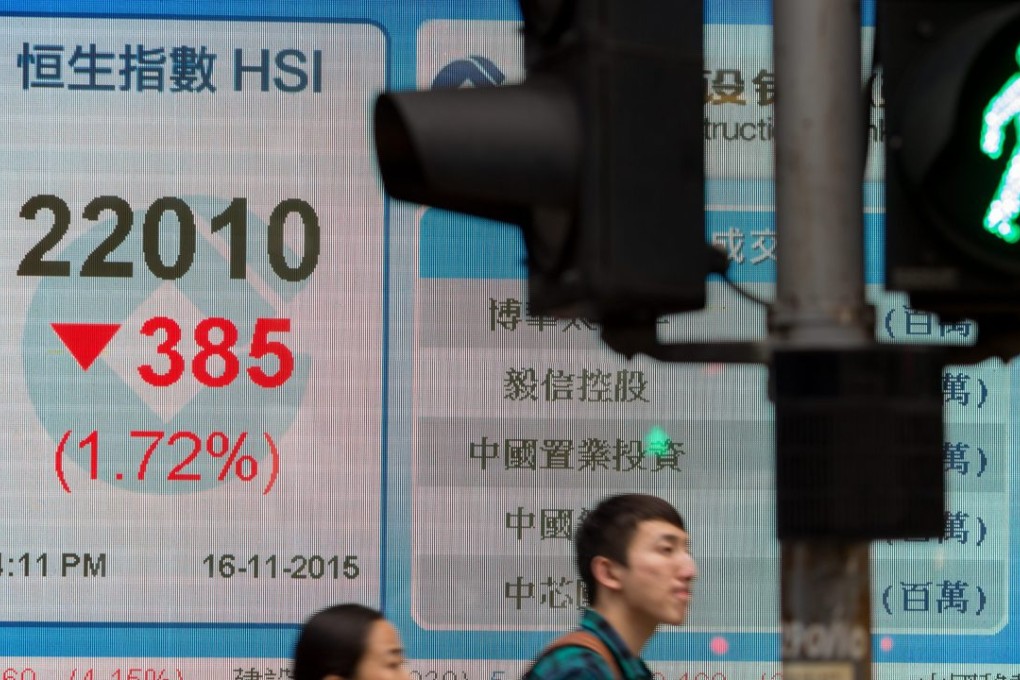What will become of Hong Kong’s sandwich class when they reach retirement age?
Agnes Yeh says current options offer little security for wage earners to plan for old age, and it’s time the government developed an active and mature bond market to help their retirement planning

According to the Commission on Poverty’s latest report, the addition of 40,000 elderly folk living below the poverty line last year pushed the total number of old people in poverty up to 320,000 in Hong Kong. Although the city’s overall poverty rate has dropped to the lowest level in six years, poverty among the elderly is becoming an uphill battle for society as its population ages.
The much debated universal retirement protection scheme, if implemented, would be a safety net providing the basic necessities for the poorest among us. But how will the increasing number of wage earners in the sandwich class provide for themselves with their own hard-earned savings to live decently above the baseline?
A meaningful HK dollar bond market is a much needed move to strengthen the city’s competitiveness in financial services
Much to the disappointment of wage earners planning for their retirement, all current options yield negative returns, from dismal MPF fund performances since it began and inflation eating up savings in the low-interest-rate environment, to the roller-coaster volatility in stock markets and unaffordable property prices. These people have no access to investment vehicles that guarantee the principal sum and yield stable returns, that is, an active and mature Hong Kong dollar bond market.


Though hard to stomach, Chief Executive Leung Chun-ying got it right in his election manifesto when he said Hong Kong’s economic growth has lagged far behind its neighbours in the past 20 years. For example, Singapore’s GDP real growth has averaged 6.6 per cent versus Hong Kong’s 3.95 per cent. In 1997, the Singapore government started to build up a government securities market, and market capitalisation has increased sixfold since. In contrast, the key Hong Kong government financial goal in the past two decades appears to have been accumulating surpluses and tagging on to the mainland’s growth instead of any visionary strategic planning.